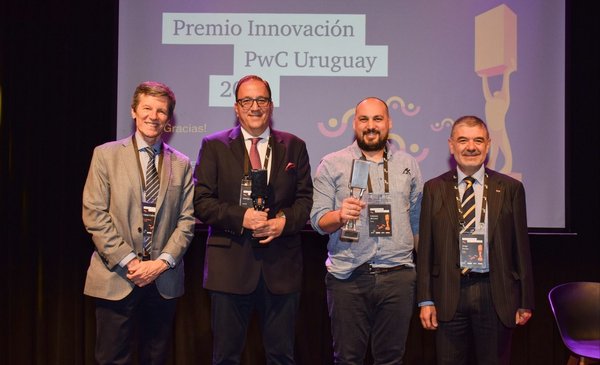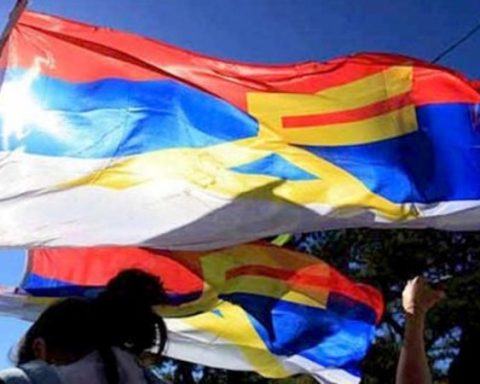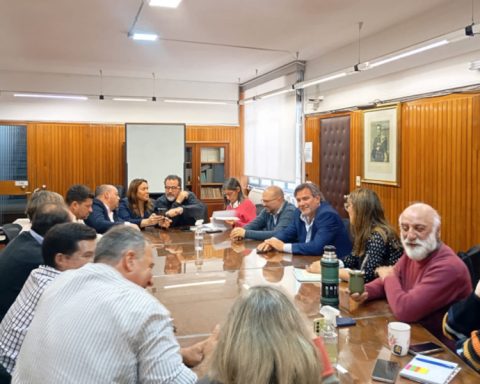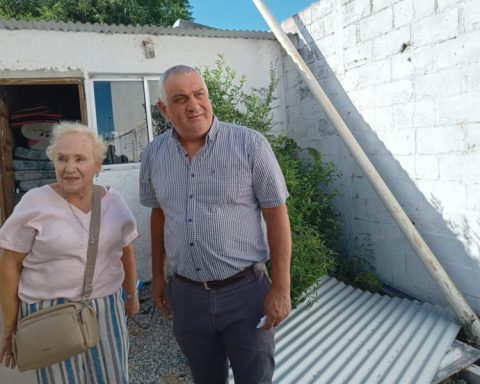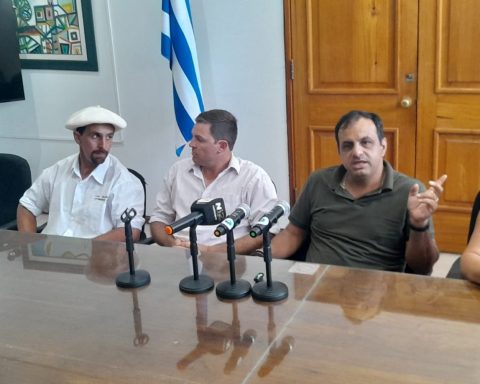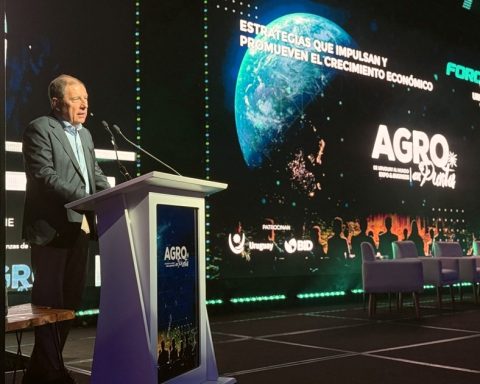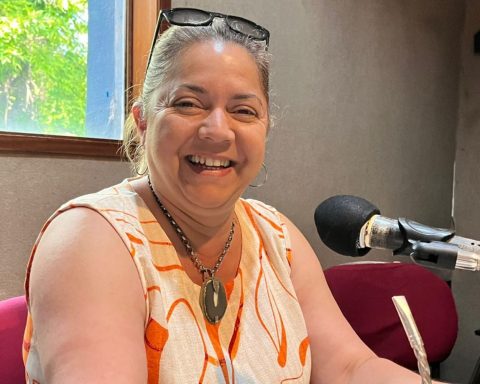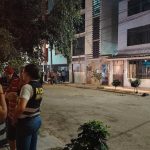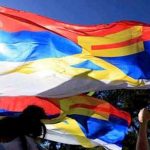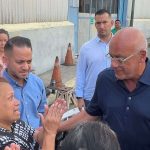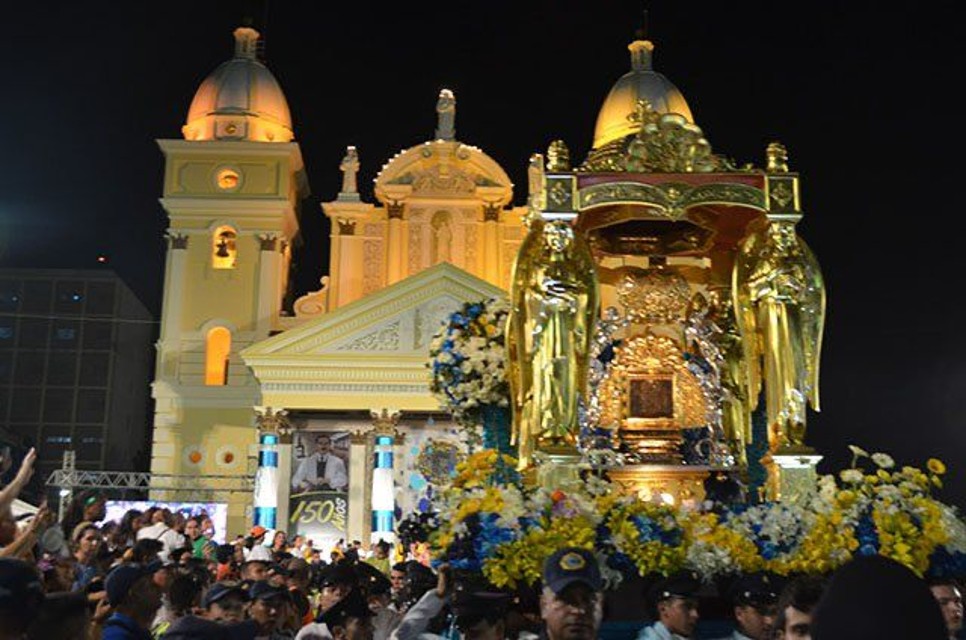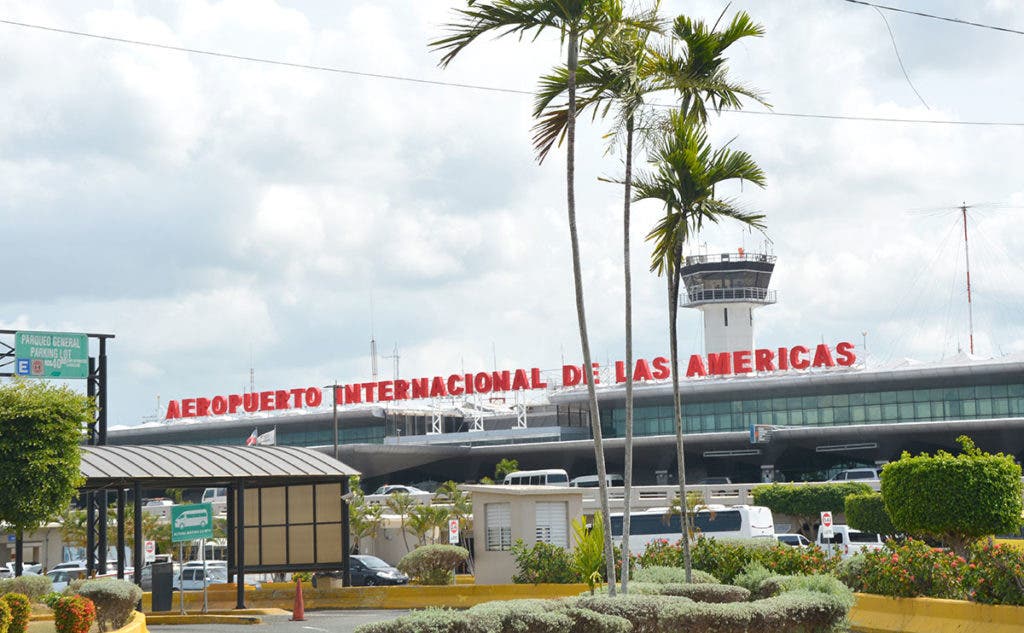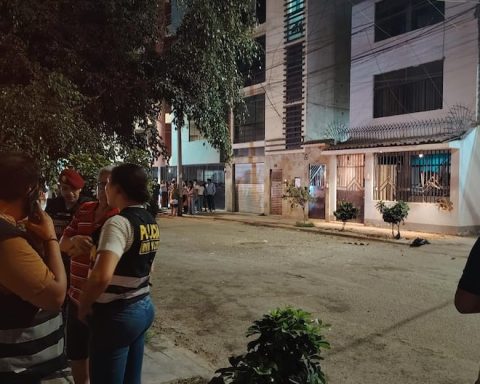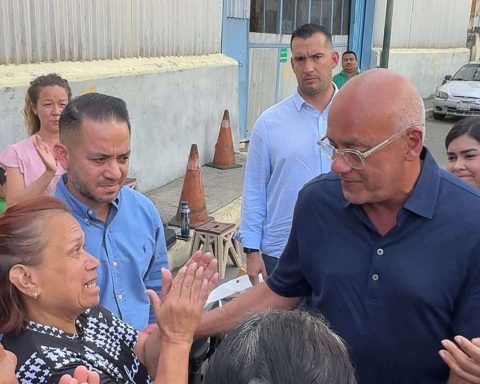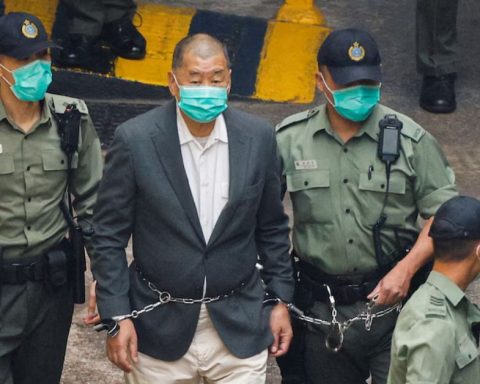Creativity, good work, taking risks, innovation, new models and new ways of carrying out projects. This is what the PwC firm celebrates, which, in the third edition of the PwC Uruguay 2022 Innovation Award, recognized the work of the Vantem company in the general category for its proposal “Modular housing construction”.
It is an efficient, fast, ecological construction system with large-scale growth. Vantem’s innovation is based on the implementation of off site construction. He uses a lightweight structural panel with self-formulated cement boards that is four times more efficient, three times faster and cheaper than traditional construction. The thermal efficiency achieved reduces energy costs and expenses by 400%, which helps reduce the carbon footprint.
This award has the support of the National Agency for Research and Innovation (ANII), the Inter-American Development Bank (IDB) and the weekly Search; In addition, the jury was made up of the dean, Jorge Xavier, and Adrián Rodríguez, professor, from the Faculty of Economic Sciences and Administration (FCEA) of the University of the Republic (Udelar).
Among its objectives, the PwC Innovation Award seeks to recognize Uruguayan companies and organizations that invest in the generation of value, in process improvements to optimize costs and raise the quality of their products and services, in an alternative management of resources and in the introduction of new practices and technologies for a friendlier relationship with the environment.
Camila Casas
Flavio Caiafa, Adrián Rodríguez, Jorge Xavier, Marieke Goettsch, Omar Cabral and Andrés Danza.
In total there were 48 applications for this edition, of which 36 initiatives remained (from 31 participating companies; 14 in the general category and 17 in start-up), from 16 different sectors (IT, environment, financial, education, culture, health and pharmaceutical, construction and roads, logistics, tourism, livestock, agriculture, manufacturing, legal, human resources, accounting, and services.
The award ceremony was held last Tuesday, October 25, in Magnolio Sala, which was attended by around 100 people, who learned about the finalist initiatives there.
In the general category, Fábrica Nacional de Cervezas (FNC) was also a finalist for the reuse of biogas for heating effluents. FNC detected a problem due to the low temperature of the effluent in winter, prior to its entry into the biological reactor, which has as a consequence the decrease in production.
“To avoid this, the company devised a system that captures and burns methane to generate energy that increases the temperature in the effluent plant. This causes an efficiency greater than 80% in the reactor and avoids the loss of production. In addition, by recovering energy from methane, energy resources are reused and better quality waste is dumped,” PwC said in a statement.
Another that reached the final stage was Marfrig and its Marfrig Environmental Footprint, a web tool for livestock producers that allows the measurement of the carbon footprint in order to manage its environmental impact. This solution turned out to be devised in conjunction with Climit, a company specialized in the area of climate change, and Inzol, an expert in digitizing processes. In addition, Marfrig provides advice to achieve carbon reduction seals, as well as carbon neutral meat.
Pilay Uruguay and its Pilay square meters were also among the highlights. The company “understands that investment is an increasingly recurring economic activity but difficult to democratize, and creates a system that provides accessibility in real estate investment,” says PwC. This leads to investing safely from half a square meter in Uruguayan pesos and in different types of real estate.
Finally, Slantis, 100% digital architecture. This firm facilitates the realization of architecture projects and proposes an innovation in the automation of tasks. The objective has been to focus on the design of the works through a collaborative and totally digital methodology. With the use of state-of-the-art technology, the printing of plans is eliminated and processes are accelerated, making them more efficient and sustainable.
start-up
In turn, this year the start-up category was incorporated, which includes companies and projects that may be in the process of consolidation and whose annual turnover does not exceed US$100,000.
In this category, the first prize went to the Krebz company, which opted for the “Cowia” initiative, a tool that allows dairy farms to detect leg problems in dairy cattle early, through the use of artificial intelligence and machine learning. This system uses monitoring cameras and alerts are incorporated for the cows that need to be attended to. The tool includes an online dashboard and a calculator to estimate losses based on herd and milk value. This serves to improve animal health and welfare with a reduction in losses associated with this problem, which affects between 15% and 50% of dairy cattle.
The other finalist start-ups were:
Glass Sands: Impact Montevideo. It proposes an innovative system that recovers the glass and transforms it into sand for other uses. A valuable product that mitigates the impact caused by the extraction of the natural resource and that can be used both in the construction industry and in water filtration systems.
Fosticom: Sofía, universal and early screening of autism spectrum disorder through artificial intelligence. Sofia is a system for early detection of autism in children from 18 to 36 months of age, through the use of artificial intelligence. From the analysis of the reaction of the children, the presence of signs of autism is evaluated and consultation with specialists is carried out.
UNO Universe: universal design clothing and electronic heating. Through the philosophy of slow fashion and with a focus on the diversity of people, Universo UNO presents an innovation that fuses universal design and applied electronic heating. This initiative offers clothing items with their own heating system and accessible design, designed mainly for people with reduced mobility as well as outdoor workers, motorcyclists, surfers, among others.
On the other hand, the jury awarded UTE a special mention. The recognition is for “the presence of constant innovation in several processes that denote a strong focus on continuous improvement and transformation.”
